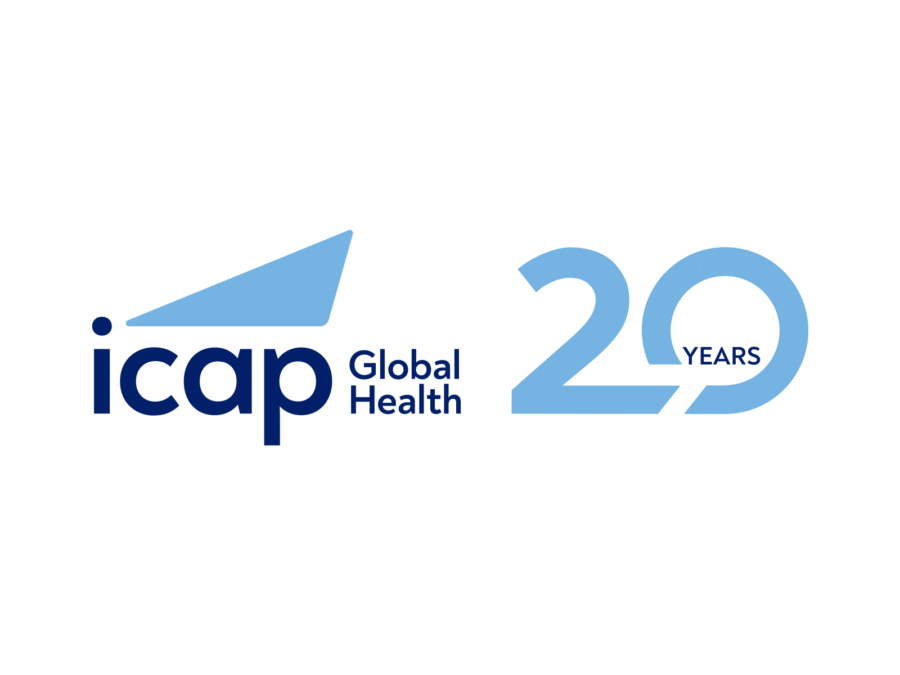In the provincial township of Mangochi, near the southern end of Lake Malawi, HIV-positive teenagers gather for one of many antiretroviral therapy (ART) teen clubs across the country. A team of health care workers interacts with the teens, providing counseling and support, refilling medication and collecting blood samples for viral load monitoring. In the festive atmosphere, the teenagers laugh, mingle, and dance with one another to the backdrop of upbeat music. The teen club approach to HIV treatment is an example of effective differentiated care for adolescents, and an approach championed by Malawi’s Ministry of Health and its partners, including Baylor University, which supports the Mangochi teen club. To date, more than 9,300 adolescents living with HIV have been enrolled in 135 teen clubs located in 26 of Malawi’s 28 districts.
In June 2017, Dr. Pasimirane Munyaradazi, the ART Program Officer for Swaziland’s National AIDS Program (SNAP) and his colleague, Dr. Nomthandazo Lukhele, SNAP’s National ART Coordinator, visited teen clubs in Mangochi and Balaka as part of a south-to-south learning visit facilitated by ICAP at Columbia University via its CQUIN learning network for differentiated care. At CQUIN’s multi-country launch meeting in March 2017, Dr. Lukhele noted the contrast between teen clubs in Malawi and Swaziland, where the model had focused largely on provision of psychosocial support, rather than integrating ART refills and viral load monitoring. A conversation between the two Ministries, facilitated by CQUIN leadership, quickly led to a learning visit—an opportunity for Swaziland to learn from Malawi about best practices in differentiated service delivery for adolescents.
As Dr. Munyaradazi explains, Malawi’s model is effective for three reasons: provision of treatment, organized record-keeping, and a user-friendly electronic data system. “Another highlight is that the mentors here are great,” he said. “They ensure that all group members are treated equally, and are engaged together—this is key to their personal development.” The Swaziland visitors also noted Malawi’s structured training models for the multidisciplinary health workers who engage with the teens, as well as a bi-annual training of parents and caregivers.
After their return from Malawi, Drs. Lukhele and Munyaradazi shared lessons learned with key national stakeholders at the National HIV Semi-Annual Review (NaHSAR) meeting, and will soon present to the National Technical Working Group to determine how best to apply the information in Swaziland, a country with its own unique set of opportunities and challenges, including the highest HIV prevalence in the world. The Swaziland team hopes that they’ll be able to adapt key components of the Malawi model in their own teen clubs, improving care and treatment for adolescents in Swaziland and setting a new standard for others to learn from.
This story is part of a series focused on the evolution of the CQUIN network, and countries’ progress in improving differentiated service delivery. To learn more about this innovative project, visit the CQUIN website.








